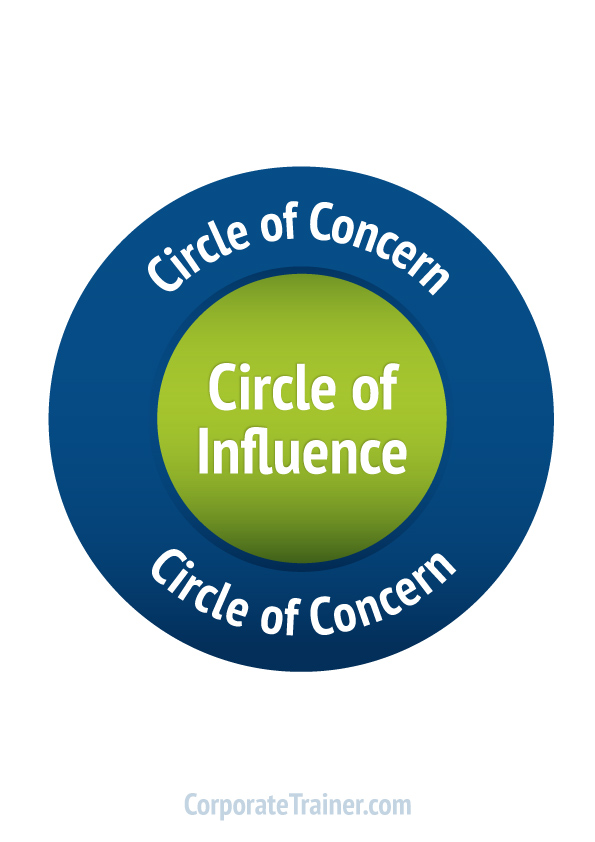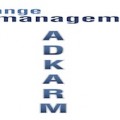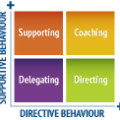Have you ever felt like a group is going around and around a discussion that has nothing to do with your training? Do you sometimes get the feeling they could talk about the topic all day long and still not get anywhere?
How to Deal With a Group that Wants to Poo Poo You and Your Training
I love this flip chart because it’s a great approach to group management and a way to keep the training group from derailing if they have resistance to being there or want to impose their agenda.
With thanks to the legendary Stephen Covey for this contribution to professional development.
I start by posing the following scenario:
“Imagine you’re stuck in traffic and you’ve got cars surrounding you. The radio station has just announced your number plate is a winner and if you can bring it to the station within 20 minutes you can pick up a 20K cheque.
Problem is you’re stuck in traffic and at least 30 minutes drive from the radio station HQ.
What do you do?”
I let the group stew on this for a while, see if anyone comes up with a creative way of getting to the station, for example, take out a motorbike, buy a car in the outside lane, hire a helicopter etc.
When a group (or individuas in the group) want to take your training to their agenda you must take leadership of the situation or you will lose credibility.
The trick is to get them thinking outside the box, but more importantly to see that some things that initially seem to be outside our circle of influence (in the circle of concern) actually can be addressed.
It’s a bit of fun. I expand on it a little and ask about whether paying taxes is outside the circle of influence or not. Most folks suggested it is in the circle of concern. But then I talk about all sorts of tax breaks you can gain from investing in super, or property etc (all above board, of course.)
It is at this point that you are able to kind of shepherd discussions that can derail your training, as in, they can’t be dealt with there and then in the training room so move on to something that can be addressed i.e the training material.
Works most times, hope you like it.
What other ways do you have of presenting this concept.







